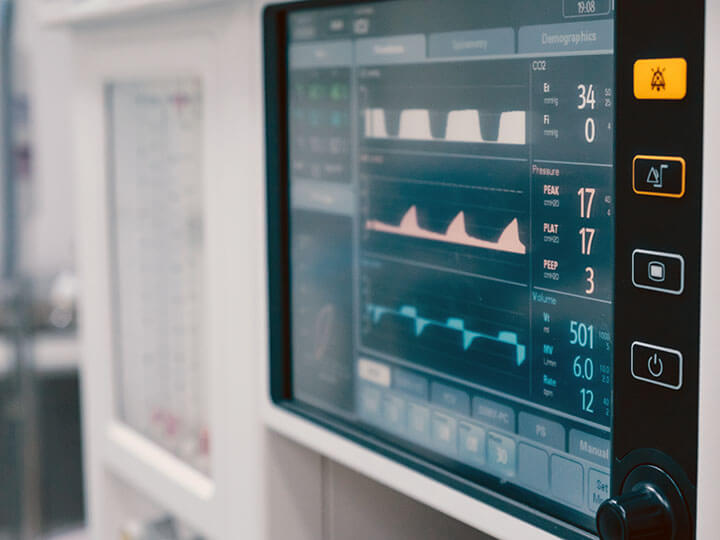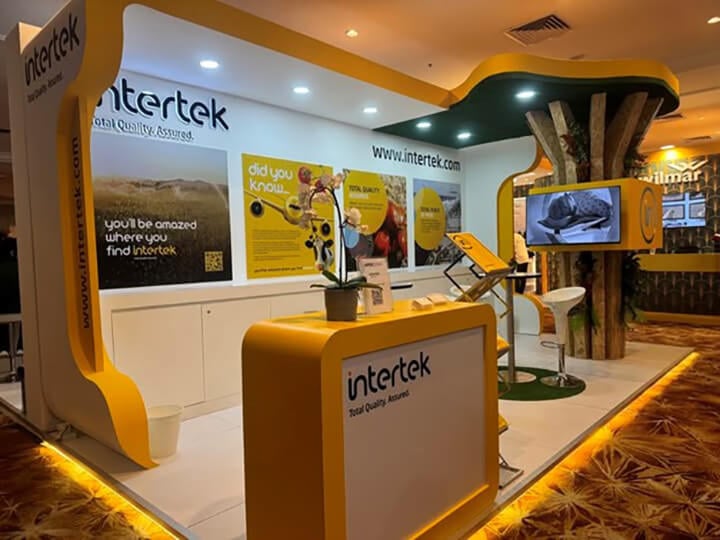Battery Safety Testing to the Requirements of IEC 62133
Intertek Solutions
Ensure your device reaches its full potential throughout global markets with the expertise and support of a testing lab that has more than 50 years of involvement in both the medical device and energy storage industries. We can help you select the right battery for your device and provide testing to safety, performance and transportation standards, including IEC 62133.
- Devices with rechargeable batteries – including products certified to IEC 60601-1 – must comply with IEC 62133
- Devices with non-rechargeable lithium batteries must comply to IEC 60086-4
- Devices sold exclusively in North America may use UL 1642/2054, though this will limit your ability to sell your product internationally
It is important to note that lithium batteries have been identified as a Class 9 dangerous good, during transport. To be safely transported (by air, sea, rail or roadways), they must meet the provisions laid out in Standard UN 38.3.

Knowledge Center
Download the latest information from our medical device compliance experts.
In-Situ and Manufacturer Location EMC Testing Webinar
IEC 81001-5-1 and Cybersecurity for Medical Devices Webinar
Six Compliance-Related Questions About Connected Home Healthcare Devices
Accelerated Stress Testing for Medical Devices
Machine Learning and Artificial Intelligence (AI) in Medical Devices: Webinar | Fact Sheet
Creation of IEC 60601-1 4th Edition
IEC 60601-1-2 Ed. 4.1 Overview of Requirements
Medical OEM Wireless Coexistence Testing
Biocompatibility Risk Assessment and Evaluation Plans
For more expert papers, recordings, and presentations, visit our Medical Resources hub.
Related Links
- ETL Mark The Industry's Fastest Certification Program
- Search and Buy Medical Device Standards
- Reese's Law – ANSI/UL 4200A-2023
- My Test Central
- Directories
- Certification Marks
- Global Research & Certification
- Medical Podcast - Compliance with Clarissa
- Satellite Client Test Program
- Planning for Quality through Disruptions
- Intertek's world-class team of Medical Experts
*The Intertek legal entities that provide medical device management system certification services (including ISO 13485 and MDSAP) and Notified Body services (MDR 2017/745 and MDD 93/42/EEC) do not provide any consulting services. Clients who have used other Intertek legal entities’ consulting services are not eligible to receive management system certification services or Notified Body services from Intertek.

